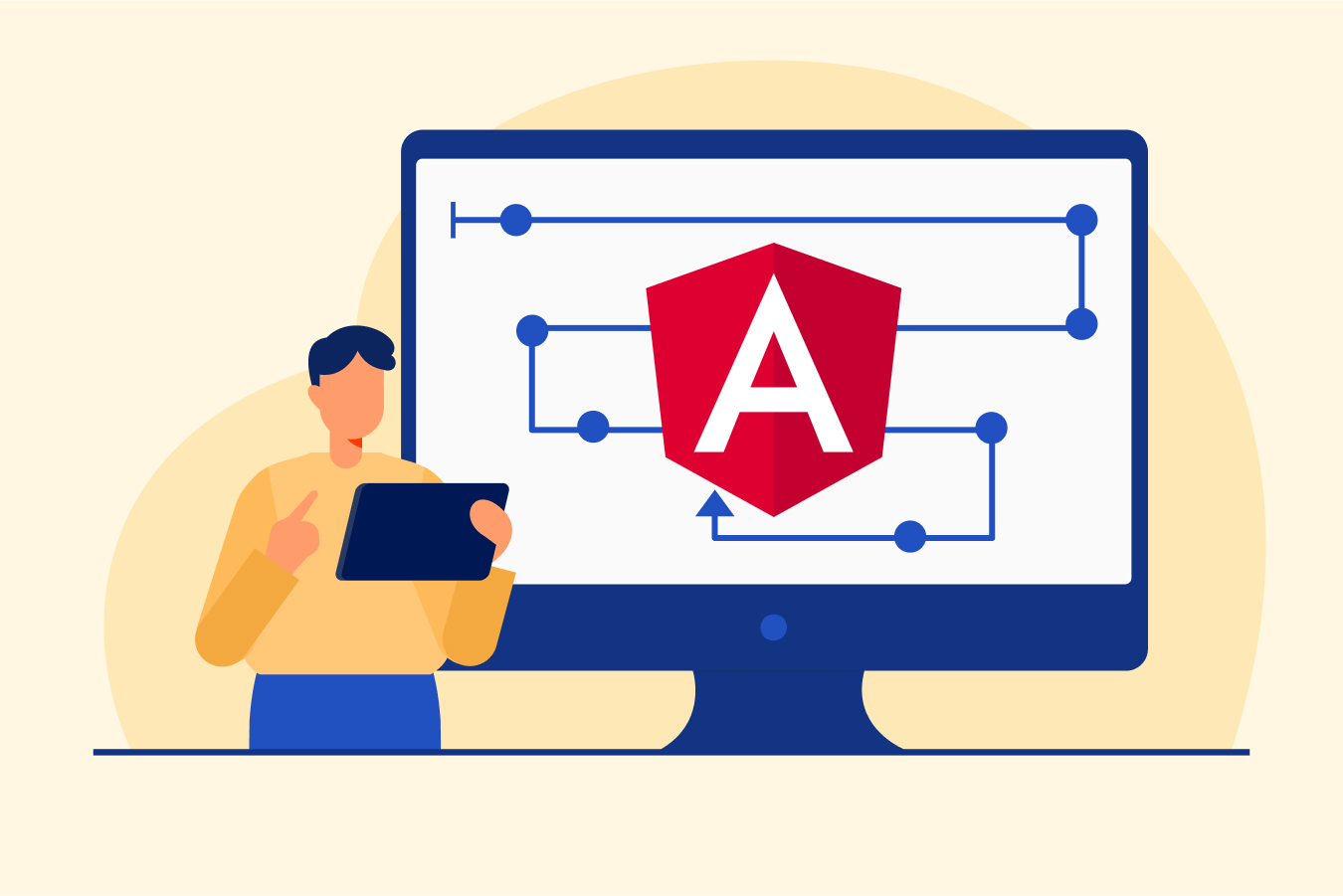Identifiers In C: Rules, Best Practices, And Scope
Programming languages use identifiers to name variables, functions, and other program elements. In C, identifiers play a crucial role in creating readable and maintainable code. However, to use identifiers effectively, programmers need to follow certain identifier rules in C. In this blog, we will learn about identifiers in C, the rules for naming these identifiers, and the scope and lifetime of identifiers. So, let’s begin.
Introduction to Identifiers in C
To define identifiers in c, they are names that programmers use to refer to variables, functions, and other program elements. They are essential in programming because they help create readable and maintainable code. When code is easy to read and understand, it is easier to debug and maintain. The name of an identifier should be meaningful and descriptive to make the purpose of the program element easier to understand. Before we discuss more, you must be familiar with the Character set.
Character Set
It is a set of letters, alphabets, and special characters valid in C. It consists of the following:
- Alphabets: They can be uppercase, A, B, C, or lowercase, a,b,c. Both the uppercase and lowercase alphabets are acceptable in C.
- Digits: Digits 0 1 2 3 4 5 6 7 8 9 are acceptable.
- Special Characters: The special characters in C are:
| < > . _( ) ; $ :% [ ] # ?’ & { } “^ ! * / |- \ ~ + |
- White Space Characters: These consist of the horizontal tab, blank space, carriage return and form feed, and newline.
Rules for Naming Identifiers in C
To ensure that identifiers are valid in C, programmers need to follow certain rules:
- Valid Characters
C identifiers can consist of letters, digits, and underscore characters. However, the first character of an identifier must be a letter or an underscore. Identifiers cannot start with a digit.
- Length Restrictions
The maximum length of an identifier in C is 31 characters.
- Case Sensitivity
C is a case-sensitive language, meaning the uppercase and lowercase letters are distinct. For example, “Name” and “name” are two different identifiers.
- Reserved Words
C has a set of reserved words that one cannot use as identifiers. Reserved words are predefined keywords in the language that have a specific meaning. Examples of reserved words include “if,” “while,” and “return.”
- Examples of Valid and Invalid Identifiers
Examples of valid identifiers in c language include “myVariable,” “my_function,” and “sum_of_values.” Examples of invalid identifiers include “2cool4school,” “myVariable1&,” and “if_else.”
Best Practices for Naming Identifiers in C
Following best practices for naming identifiers in C is essential to create readable and maintainable code. Here are some guidelines for choosing meaningful and consistent names for identifiers:
- Meaningful Names
Identifiers should have a name that reflects their purpose in the program. Meaningful names make code more readable and help avoid confusion. To learn more about these practices of identifiers, you can opt for an in-depth C and C++ course.
- Consistent Naming Conventions
Consistent naming conventions make it easier to read and understand code. C programmers often use the following naming conventions:
SQL
Copy code
– camelCase: The first letter of the first word is lowercase, and the first letter of each subsequent word is capitalized. Example: “firstName.”
– snake_case: Words are separated by underscores. Example: “first_name.”
- Avoiding Abbreviations
Abbreviations can be confusing and make code harder to read. Programmers should avoid using abbreviations unless they are widely understood and commonly used.
- Choosing Appropriate Data Types
The name of an identifier should reflect the data type it stores. For example, if an identifier stores an integer, it should have a name that reflects that. This helps to avoid errors caused by data type mismatches.
- Examples of Well-Named Identifiers
Examples of well-named identifiers include “totalSales,” “numberOfStudents,” and “currentTemperature.”
Scope and Lifetime of Identifiers in C
In addition to following identifier rules in c and best practices for naming identifiers, programmers also need to understand their scope and lifetime.
- Block Scope
Identifiers declared inside a block are only visible within that block. When the block ends, the identifier is no longer visible.
- Function Scope
Identifiers declared inside a function are only visible within that function. When the function returns, the identifier is no longer visible.
- File Scope
Identifiers declared outside of any function or block have file scope. File scope means that the identifier is visible throughout the entire file.
- Static and Automatic Storage
Identifiers in C can have two types of storage: static and automatic. Static storage means that the identifier retains its value between function calls. Automatic storage means that the identifier is created and destroyed each time the function is called.
Examples Illustrating Scope and Lifetime of Identifiers
Consider the following identifier in C example:
#include <stdio.h>
int global_variable = 0;
void my_function() {
int local_variable = 1;
static int static_variable = 2;
printf("local_variable: %d\n", local_variable);
printf("static_variable: %d\n", static_variable);
local_variable++;
static_variable++;
global_variable++;
}
int main() {
int i;
for (i = 0; i < 5; i++) {
my_function();
}
return 0;
}
In this example, the variable global_variable has file scope, which means that it is visible throughout the entire file. The variable local_variable has function scope and is only visible within the my_function() function. The variable static_variable also has function scope, but it has static storage, which means that it retains its value between function calls.
When the my_function() function is called five times in the main() function, the value of local_variable and static_variable are printed. The local variable is initialized to 1 each time the function is called, and its value is incremented by 1 each time. The static_variable is initialized to 2 the first time the function is called and retains its value between function calls.
The global_variable is incremented each time the my_function() function is called, and its value is printed after the loop in the main() function. Because global_variable has file scope, its value is visible throughout the entire file.
Conclusion
Identifiers in C are crucial because they help create readable and maintainable code. In C, programmers need to follow certain rules for naming identifiers, such as using valid characters, following length restrictions, and avoiding reserved words. Following these guidelines for identifiers in c programming helps programmers to write code that is easy to read, understand, and maintain.






